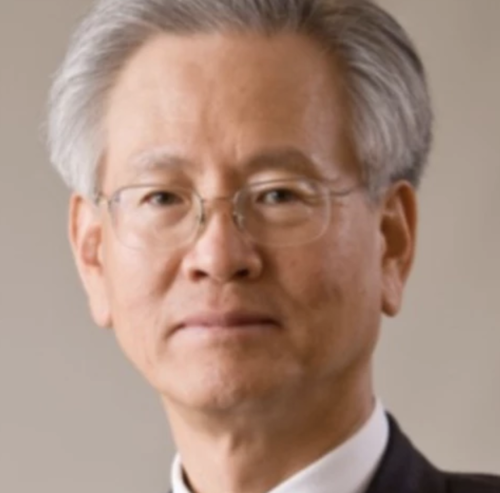At the time of the founding of the Republic of Korea on August 15, 1948, its political system was based on the free democratic system of the United States, and under the current Constitution revised on October 29, 1987, South Korea still maintains a free democratic political system.
However, according to a draft amendment to the Constitution, which was proposed by the Moon, Jae-in regime in early 2018, the word “free” was excluded from the original term “free democracy.”
Most people do not have a clear understanding of the intention behind that proposed Constitutional amendment because they naturally consider the word “democracy” to be synonymous with “free democracy.”
This article will explain how South Korea’s “free democratic” system, adopted at the time of its founding, has been attacked by leftists since then, and how the so-called “democratic” system, which they are trying to implement differs from the current “free democratic” system.
After liberation from Japanese colonial rule on August 15, 1945, the Korean Peninsula was divided into South and North in terms of their ideologies. The Republic of Korea (South Korea) adopted free democracy in the political realm, and capitalism in the economic realm.
On the other hand, the Democratic People’s Republic of Korea (North Korea) adopted communism in both political and economic realms. Since then, communists in North Korea and pro-North Korean leftist forces in South Korea have constantly been slandering South Korea’s political system in the name of national reunification.
For the communists, the term “capitalism” was easy to blame because it had a connotation that seemed to “exalt money and ignore humanity.” However, the term “democracy” was difficult to condemn in communist terminology, or to win people’s support, because democracy essentially means popular sovereignty.
They therefore came up with the idea that “Communism is also a kind of democracy.” In other words, they insisted that communism is a proletarian democracy in which the proletariat exercises sovereignty, so communism is also a kind of democracy.
Regarding free democracy, they insisted as follows: “It doesn’t make sense for all the people of the country to be masters. Where there is a servant, there is a master. Where there is a ruler, there is a subject. Free democracy is actually a dictatorship against the majority proletariat by the minority bourgeoisie, although people say they are their own masters. Therefore, it is more democratic for the majority proletarians to exercise a dictatorship over the minority bourgeoisie.” That was the way in which they indoctrinated young students.
However, since people who had gone through the tragic experience of the Korean War had a natural aversion to communist terminology, and claims by communists were in violation of the National Security Law, they chose to use a “word-confusing strategy” instead.
For instance, from the formula “Communism = proletarian democracy,” the term “proletariat” was changed to “people,” and the term “people’s democracy” was born. The term “people’s democracy” rendered in Korean as “minjoong minjoo” is a variation of the term “people’s democracy” rendered in Korean as “inmin minjoo” by North Korean communists. Eventually, when it was revealed that “people’s democracy” (minjoong minjoo) was a modified term reflecting communist ideology, it was then replaced by the term “progressive democracy.”
Progressive democracy is not a term invented by South Korean leftists, but a term used by North Korean dictator Kim Il-sung to glorify the people’s democracy.
In the South Korean Constitutional Court’s decision to dissolve the United Progressive Party (UPP) on December 19, 2014, it was revealed once again that “progressive democracy” was an ideology oriented toward a North Korean socialist system. That is the reason why Korean leftists are trying to use only the term “democracy,” removing the word “free” from “free democracy,” as mentioned earlier. Of course, this rhetorical trick was not conceived by the left-wing forces in South Korea, but was inspired by North Korea.
Similarly, the North Korean Workers’ Party Code, which is of greater importance than the North Korean Constitution, was revised in September of 2010. This was done to change the name of its strategy for communizing South Korea from the previously used term “National Liberation People’s Democratic Revolution” to the term “National Liberation Democratic Revolution,” deleting the word “people.”
In essence, North Korea’s replacement of the term “people’s democracy” with the term “democracy” is based on the premise that free democracy is sham democracy, and that people’s democracy (proletarian democracy = communism) is true democracy. Communism started out by claiming “I’m a democracy too,” and now it is at the stage of claiming “I’m a real democracy.”
It is in precisely this context that one must view the Moon, Jae-in regime’s intention to amend the current Constitution in 2018 as an attempt to change the South Korean political system from the current free democracy to a people’s democracy or communism.


